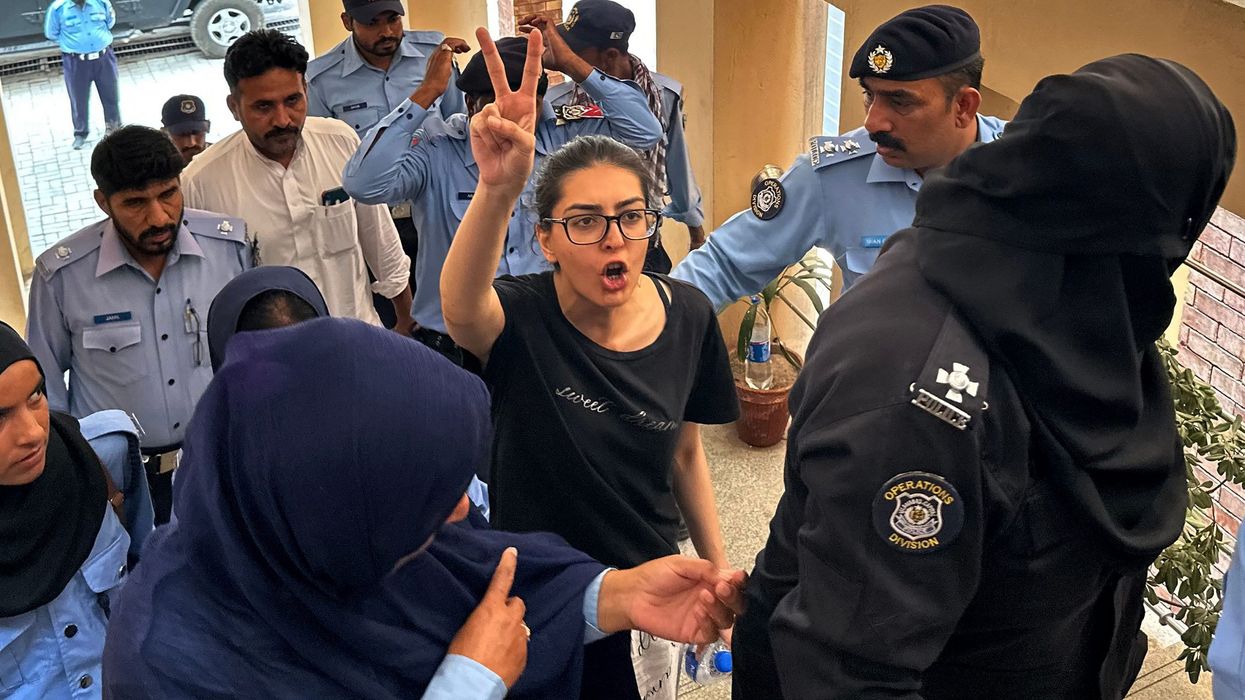A Pakistan court bailed a prominent human rights activist and a former lawmaker on Monday, their lawyer said, after they were detained for protesting against enforced disappearances.
Lawyer Imaan Mazari-Hazir and politician Ali Wazir were arrested under anti-terror laws last week after appearing at a protest by the Pashtun Tahafuz Movement (PTM), which fights for the rights of ethnic Pashtuns.
Some 3,000 people attended that rally in the capital Islamabad, where both Mazari-Hazir and Wazir gave speeches condemning the harassment of Pashtuns and calling on state forces to end an alleged shadowy policy of secret detention.
Rights monitors say Pakistan authorities have a long-standing practice of holding dissenters without due process, whilst broad anti-terror laws are also used to choke off political opposition.
Lawyer Zainab Janjua told AFP Monday that Mazari-Hazir "should be released today".
Wazir was also granted bailed but will be produced before another Islamabad court in a separate case related to the protest, she said.
PTM was launched to fight against what it says are military excesses committed during anti-terrorism operations in the country's northwest Khyber Pakhtunkhwa province where most Pashtuns live.
The military denies the accusations.
Founded in 2018, the group is notable for its direct verbal attacks on a military establishment that plays a dominant role in national politics.
Pakistan's Pashtun heartlands were once plagued by violence and militancy, though army operations have dramatically improved security both there and across the country in recent years.
But the PTM claim these operations came at a heavy price, with soldiers using enforced disappearances and targeted killings against civilians.
Locals have staged a series of protests against the increased violence and have demanded better protection from the state.
However, strict media blackouts have kept news and images of peaceful PTM rallies off TV screens and out of newspapers nationwide.
(AFP)




